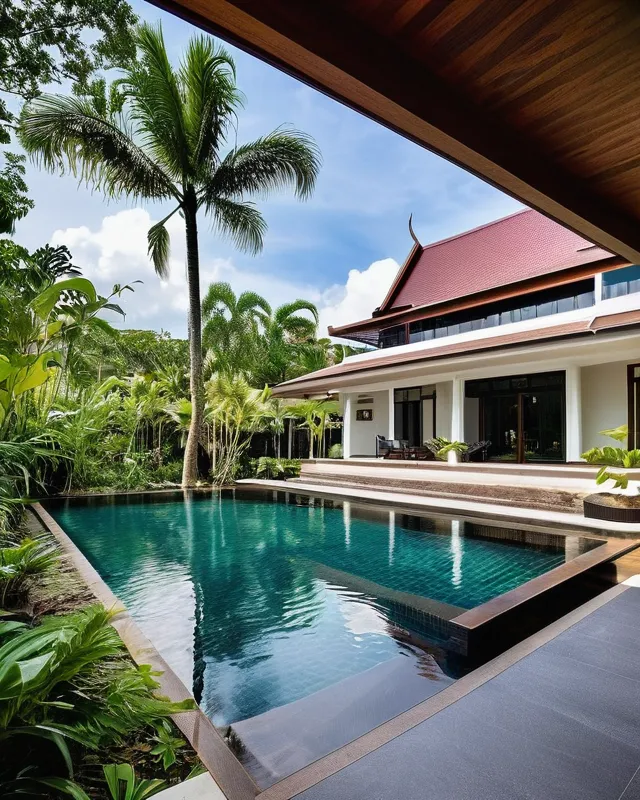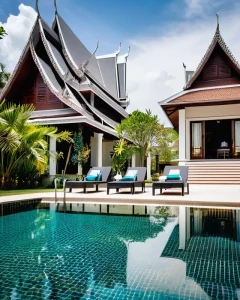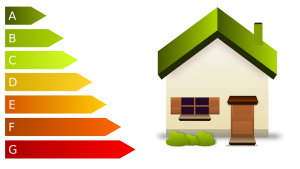Too Many Requests from Your Network
Please complete verification to access this content.
In recent years, Thailand has emerged as a global hub for wellness, attracting tourists and expatriates seeking a blend of healthy living, relaxation, and holistic well-being. The country’s allure lies not only in its idyllic landscapes and rich cultural heritage but also in its flourishing real estate market, which is increasingly catering to health-conscious individuals. Wellness real estate, a concept that intertwines property development with health and well-being, is gaining significant momentum in Thailand. From luxury health resorts and spa-centric developments to eco-friendly communities designed for balanced living, this trend reflects a broader shift towards integrating wellness into every aspect of life.
The Wellness Real Estate Concept
Wellness real estate goes beyond traditional property development by prioritising physical, mental, and emotional health through its design, amenities, and community ethos. The properties are often characterised by features like sustainable building materials, ample green spaces, and facilities that promote healthy living. In Thailand, this concept has evolved into a sophisticated offering that blends luxury, nature, and holistic practices, appealing to both local and international buyers.
The global wellness real estate market has seen rapid growth, driven by an increased focus on preventive health and the growing popularity of lifestyle choices that prioritise well-being. According to the Global Wellness Institute, wellness real estate was valued at $275 billion in 2020 and is projected to grow significantly in the coming years. Thailand, with its established reputation as a wellness destination, is perfectly positioned to capitalise on this trend.
Health Resorts and Spa-Centric Developments
Thailand has long been synonymous with health and wellness, with its world-renowned spa culture and holistic practices such as Thai massage, yoga, and meditation. Developers are now incorporating these elements into residential and mixed-use projects, creating spaces where residents can fully immerse themselves in a wellness lifestyle.
One prominent example is Chiva-Som, a globally recognised wellness resort located in Hua Hin. While it operates as a luxury retreat, its influence has inspired similar wellness-focused developments throughout the country. Properties offering extensive spa services, personalised wellness programmes, and on-site nutritionists are increasingly in demand. These resorts blur the lines between hospitality and residential living, offering owners or long-term residents access to the same wellness facilities and services as short-term guests.
Eco-Friendly and Sustainable Communities
As awareness of environmental sustainability grows, so does the demand for eco-friendly real estate. In Thailand, several wellness developments are embracing sustainability as a core principle, creating communities that harmonise with nature while promoting healthy living.
Developments like The Forestias, a master-planned wellness community on the outskirts of Bangkok, are leading the way. The project prioritises green spaces, clean air, and a biodiversity-rich environment, with a focus on enhancing residents’ quality of life through connection to nature. Homes are designed with natural ventilation, energy-efficient systems, and non-toxic building materials, reducing the carbon footprint while offering a healthier living environment.
In regions like Chiang Mai and Koh Samui, smaller eco-villages are also gaining popularity. These developments typically feature organic farms, communal gardens, and natural swimming pools, encouraging residents to live sustainably and engage in community-driven activities that foster a sense of belonging.
The Appeal of Balanced Living
The appeal of wellness real estate lies not only in the tangible health benefits but also in the promise of a balanced, fulfilling lifestyle. For many buyers, especially expatriates and retirees, the prospect of living in a community designed around well-being is a major draw. Thailand’s affordable property prices, combined with its vibrant wellness culture, make it an attractive destination for those seeking a healthier way of life.
This trend also reflects a broader cultural shift towards valuing experiences and quality of life over material accumulation. Wellness real estate provides an answer to the growing desire for homes that support not just physical health but also emotional and social well-being.
Conclusion
The rise of wellness real estate in Thailand marks a significant evolution in the property market, where health and home are intertwined. As demand for wellness-oriented lifestyles continues to grow, Thailand’s position as a leader in this niche sector is likely to strengthen. Whether through spa-centric resorts, sustainable communities, or holistic living spaces, these developments are paving the way for a new era of property investment—where well-being is at the heart of home.




